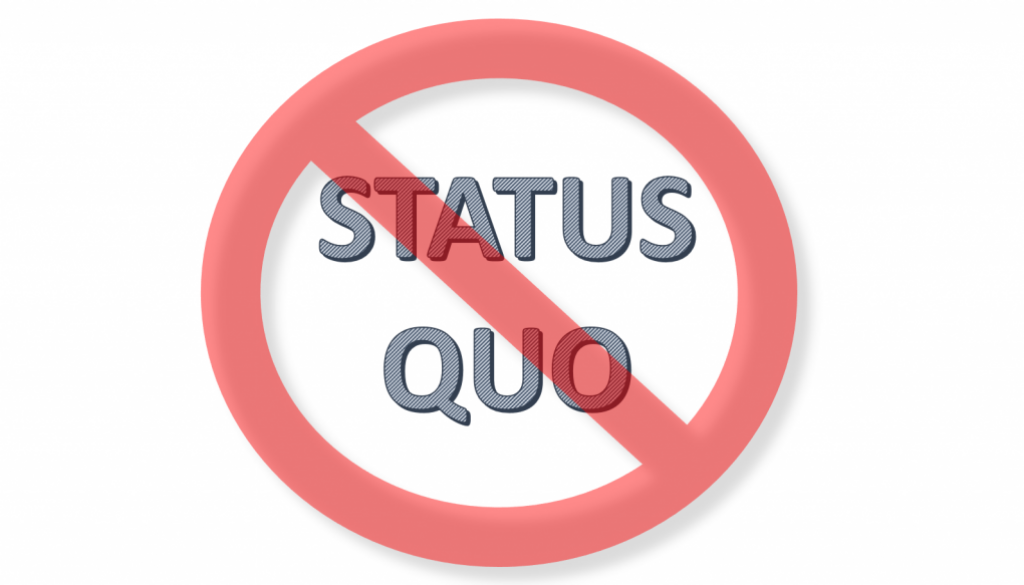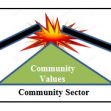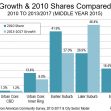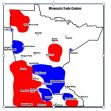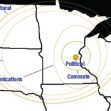The Challenge of Status Quo
The Status Quo is a powerful competitor; all you have to do to win is to do nothing.
Sadly too many people adopt that mode readily. SmartRegions.US does not. Rather than painting the walls as a new owner of an old home, I would rather design a new structure. A structure that is energy efficient; that supports solar – powered vehicles (those on a Personal Rapid Guideway) and minimizes, but by no means replaces the private auto in whatever form that evolves into needs a good plan with great specs if it is to be built correctly. Transit will never take you camping, to grandma’s house or just to go see friends.
 The age of centralization is slowly giving way to societal decentralization. It will happen because the market is making it happen despite the billions of dollars being spent to create urban density. Clearly there is a need of hierarchy, the urban area will always be that place. Cultural and sporting events, conferences and other gathering events cannot be replicated throughout the Urban Service Area* and residents from throughout the service area will always support them. But as critical as face-to-face contact is, virtual contacts are so much more respectful of time and cost that a balance will develop; there is room, and a need, for both.
The age of centralization is slowly giving way to societal decentralization. It will happen because the market is making it happen despite the billions of dollars being spent to create urban density. Clearly there is a need of hierarchy, the urban area will always be that place. Cultural and sporting events, conferences and other gathering events cannot be replicated throughout the Urban Service Area* and residents from throughout the service area will always support them. But as critical as face-to-face contact is, virtual contacts are so much more respectful of time and cost that a balance will develop; there is room, and a need, for both.
As discussed in my book, Slaying the Status Quo, the tools and processes required to support the free market choices are spelled out. Join our Meetup Room, Smart Regions Community to engage in the conversation. It is not a silver bullet, but it is a start for an important conversation.
The five-state area that I define as the urban service area of Minneapolis-St. Paul is all about integrating the urban-rural economy, equalizing access to technology and business opportunity while allowing individuals to live where they choose. Our institutions must recognize the basic fairness of this concept and engage; to join in the empowerment of the citizen and the resourcefulness of the business community.
The list of challenges is not small but here are a few of the most significant:
- SmartCities technologies must engage in supporting decentralization by ensuring that our community-based Regional Monitor is part of the output from every applicable application that they develop
- Urban Services most notably transportation, must link to a rural transit model that balances the Suite of Telecommuting Applications (SoTA) in eliminating time and distance to our rural regional centers by providing clean, fast and reliable access throughout the Urban Service Area.
- The urban focus must shift to an urban-rural focus; status quo funding needs to shift to supporting integration.
- All institutions must embrace the development of more telecommuting applications to reduce trips. If seventy-five percent of all emissions truly come from cars, trip replacement must replace the mobility
If society embraces these concepts, they must engage with Smart Regions to make it happen. The Status Quo is unrelenting in its drive for self-preservation. If you want a change, we have to make it change!
* Urban Service Area– defined by the cultural, commercial and societal orientation of the rural communities to the urban center. In a global economy, the combined urban-rural economy must be forged into an effective and competitive unit. And the freedom to choose one’s quality of life is equally important to economic success.
